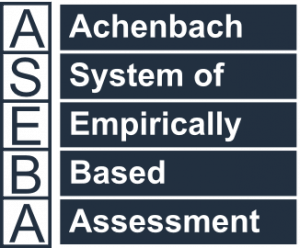Technical Support for ASEBA® Software Products
Is there a “lie” scale for the profiles?
1 min read

Answer: Deliberate lying is only one factor that can lead to excessively low or high scores, depending on whether the respondent denies or exaggerates problems. Social desirability sets, over-scrupulousness, and misunderstandings can also affect ratings. Because of the variety of possible influences and our goal of using only items that are meaningful in themselves, we did not add items designed to detect all such influences. We stress that profile scores should never be used to make clinical judgments in isolation from other information abut the child and the respondent. Instead, the scores should always be compared with other data in order to identify major distortions and to determine the possible reasons for distortions. Extremely low or high Total Problems scores should always be followed up to determine whether they accurately reflect the respondent’s view of the child. If extremely low or high Total Problems scores do reflect the respondent’s view, the user should then determine whether this view differs markedly from other people’s views of the child.
In our answer to a previous question, we listed Total Problems scores that are so low as to invite further inquiry. Total Problems scores >133 on the CBCL, >125 on the YSR, and >123 on the TRF are so high as to raise questions about exaggeration or misunderstanding, because these scores are higher than 98% of the scores in our factor analytic samples.
